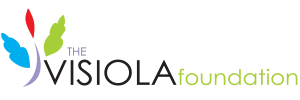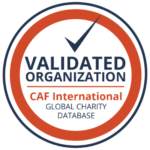the visiola foundation e-newsletter
Issue Q4, 2016
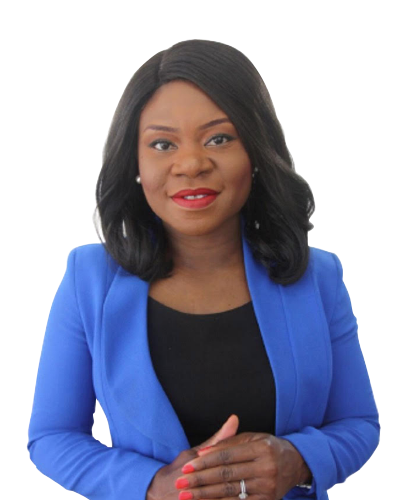
Ladé Araba
Founder and President of the Visiola Foundation
Founders' Corner
Happy New Year! We wish you an exciting and fulfilling year.
I am thrilled about all the exciting programs and activities we will be running this year. I hope 2017 is as amazing for you as it will be for the thousands of African girls we will impact this year. “Little drops make an ocean.” This well-known saying is quite instructive and also serves as our underlying mantra. We encourage all our students to take little steps each day to increase their knowledge, expand their horizon of possibilities, and to grow in their academic, personal, and professional pursuits.
Our fourth quarter of 2016 was quite eventful! The Foundation received a 2016 Google RISE Award. Two graduates of our summer Coding Boot Camp for Girls completed intense internships at Quanteq Technology Solutions Ltd, where they further sharpened their programming and software development skills. Our 2014 and 2015 scholars at Lead City University implemented their community service project; which saw them teaching and mentoring students in low-income public schools. Finally, a group of professionals banded together to create “Friends of the Visiola Foundation” as a US-based, non-profit organization that supports the Foundation’s programs.
Take a walk with us as we review our activities during the fourth quarter of 2016.
Happy reading!
Ladé

The Visiola Foundation received a 2016 Google Rise Award
THE VISIOLA FOUNDATION RECEIVED A 2016 GOOGLE RISE AWARD
The Visiola Foundation received a 2016 Google RISE Award for its efforts to increase access to computer science (CS) education for underserved youth. Through its intensive Coding Boot Camps for Girls the Foundation encourages girls from disadvantaged communities to pursue careers in Computer Science by equipping them with practical knowledge to facilitate their success. The camps teach girls how to code in various programming languages, while strengthening their critical thinking, analysis, and problem-solving skills.
“This collective effort to inspire our next generation of technology innovators and creators will reach tens of thousands of students this year,” said Nicky Rigg, Google’s RISE Awards program manager. “We are excited to include The Visiola Foundation in our recent cohort of 30 organizations across 18 countries. Our RISE Awardees make up a community of passionate and vibrant educators and advocates; they are changemakers that engage, educate, and excite students about computing through extracurricular outreach.”
Co-Founder/President of the Organization, Lade Araba, said, “The Visiola Foundation has developed an effective 360-degree Developmental Learning Model that deepens the understanding of students, builds their confidence, and is especially efficacious in attracting girls and young women to the technical fields. We work to help students acquire the 16 skills identified by the World Economic Forum (WEF) as requirements for success in the 21st century. This award enables us to positively impact many more girls from marginalized communities by exposing them to the exciting field of Computer Science.”
For additional information: https://www.visiolafoundation.org/news/google-recognizes-the-visiola-foundations-work/
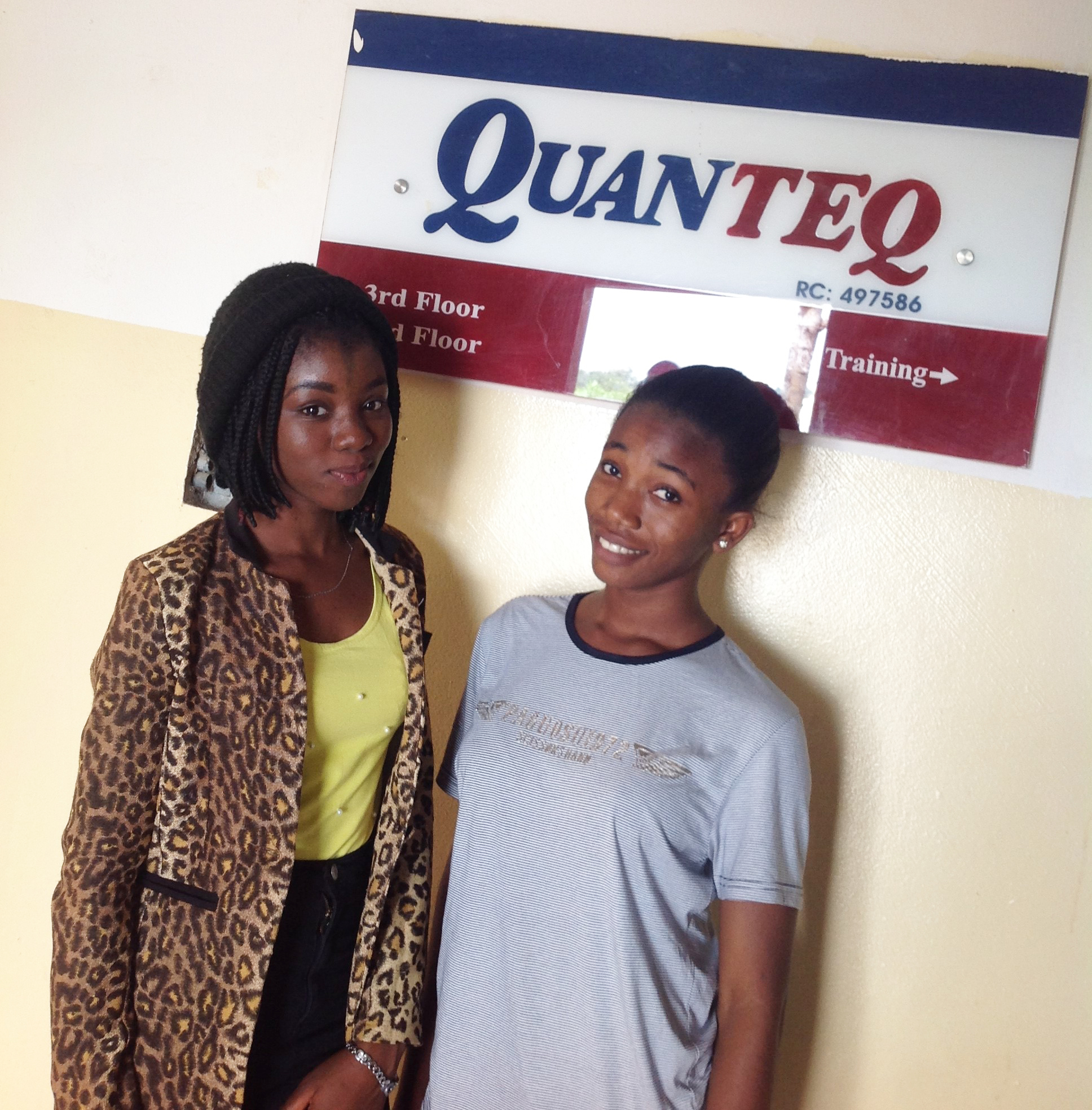
Coding Camp Graduates at Quanteq
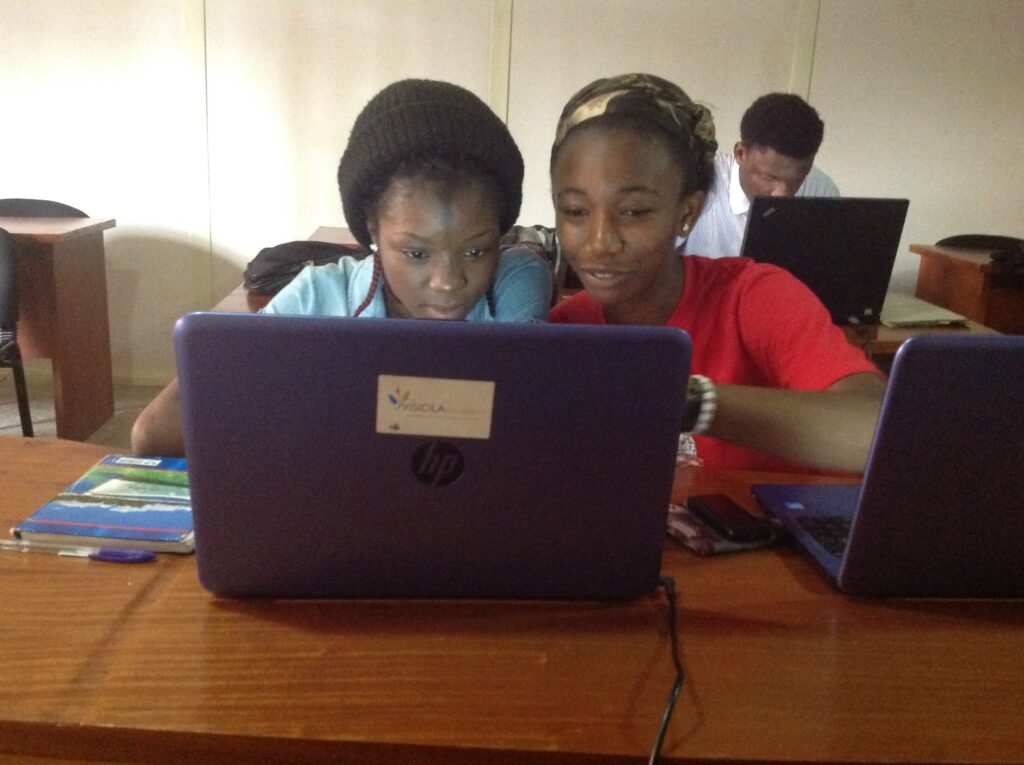
Mavis and Ukamaka at Quanteq
CODING BOOT CAMP GRADUATES COMPLETE TECH INTERNSHIP
Mavis Imoke (Class Valedictorian and overall best student) and Ukamaka Augustine (best web programmer), graduates of the Visiola Foundation’s 2016 Summer Coding Boot Camp for Girls, were accepted into a rigorous internship at Quanteq Technology Ltd. The intensive three-month internship ran from October 3rd to December 20th 2016 at the company’s headquarters in Abuja.
During the internship, Mavis and Ukamaka deepened their computer programming skills as they received added coaching and mentoring in Javascript, JQUERY, BOOTSTRAP 3, HTML, CSS, as well as how to work with cookies, DOM, Nodes, and objects.
“The internship was very good and a successful learning experience for me. I also learnt how to study effectively and understand on my own, for instance, how to see a code for the first time, try to test it out and understand how it works without the help of a facilitator. I also improved on my team work and interpersonal skills.”
– Mavis
“My internship with Quanteq was quite interesting and it provided a platform whereby I will be able to learn on my own and solve my own problems. We were given advanced programming tutorials, and after each lesson we were given assignments, classwork and projects to test if we really understood or not.”
– Ukamaka
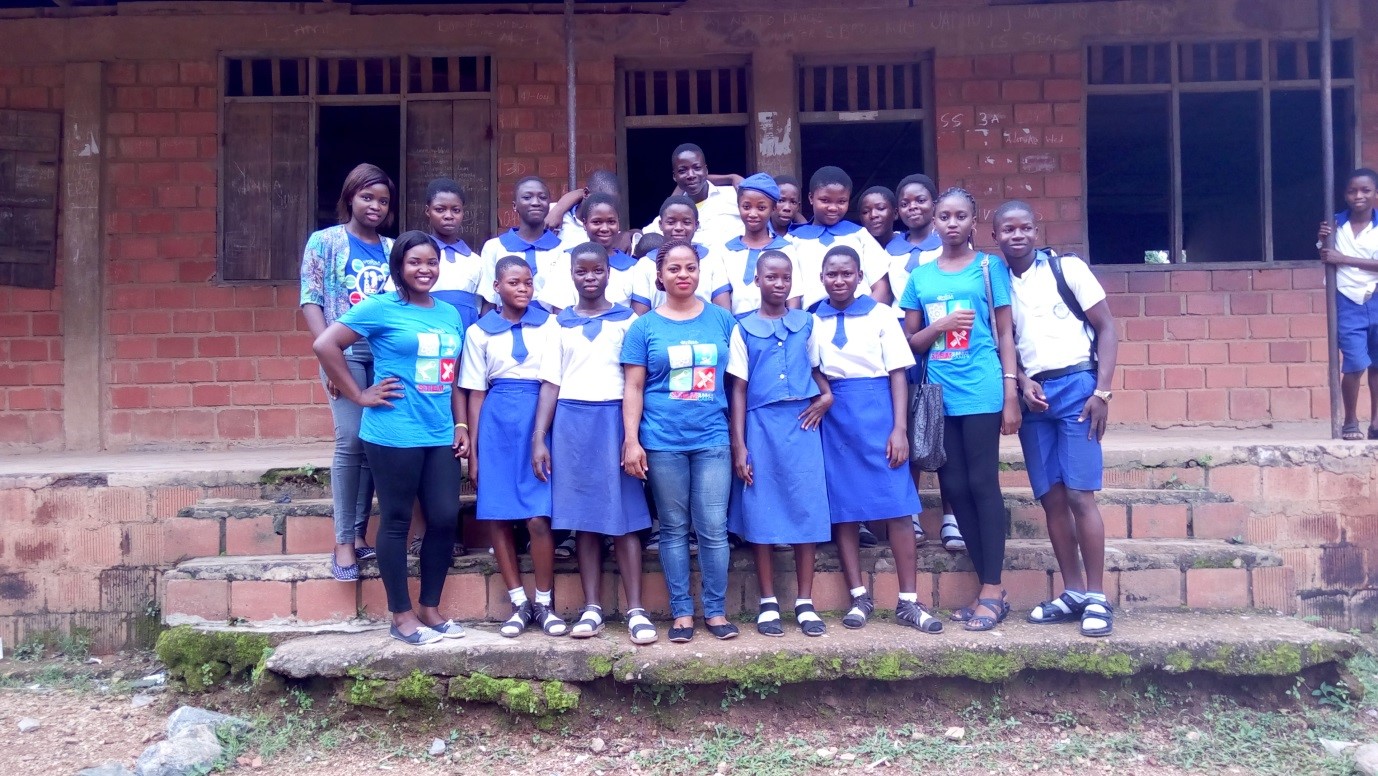
LCU Science Scholars mentor public school students
LCU SCIENCE SCHOLARS MENTOR PUBLIC SCHOOL STUDENTS
The Students’ Ambassador Network (SAN) is an initiative of the 2014 and 2015 Visiola Foundation Scholars at Lead City University (LCU). According to research conducted by JR Harris in 1977, students make decisions about their careers influenced by peer pressure and not based on their actual interests. SAN aims to address this issue by guiding secondary school students in choosing their careers. The American philosopher, John Mason, said, ‘We can’t reach our destiny by taking another man’s road.’ We realized that a person’s choice of career is a critical decision. What we choose to do with our lives matters because if a wrong choice is made, it could limit our options in life.
Accordingly, we created SAN having critically considered that secondary school students should have the opportunity to explore all the choices available to make a logical educational plan when choosing a career. Our goal is to visit public schools in our city to mentor students, build their self-confidence, teach them science subjects, and engage them in extracurricular activities such as field trips to the University College Hospital, Ibadan and Lead City University.
The specific objectives of SAN include the following:
To support and mentor students to guide their career development.
To build the interest of students in science courses, while helping them understand difficult concepts.
To stimulate the creativity in students by engaging them in extracurricular activities.
To help students understand and develop the necessary skills to equip them for whatever career path they choose.
To provide students with relevant information about different career choices
We have chosen to especially tutor the students in English, Biology, Chemistry, and Physics to improve their academic performance. We will also mentor them and teach them about personal hygiene, keeping the environment clean, and will provide career guidance. We have recruited volunteer students from LCU to also share their experiences and advise the students. It is a great opportunity for us!
FRIENDS OF THE VISIOLA FOUNDATION LAUNCHED
Friends of the Visiola Foundation (FoVF) is a US-based non-profit organization that mobilizes support for the Visiola Foundation. It was created by a group of friends who believe in the mission and vision of the Visiola Foundation and who wanted to support its growth. Like the founders, they have volunteered their time to advance the work of the Foundation. The Board Members share their motivation below.
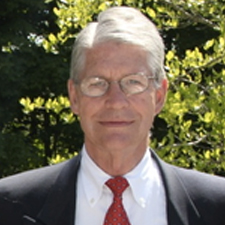
“The idea that girls lack the required aptitude to realize excellence in the STEM disciplines is ridiculous. It’s time these ladies had a seat at the table. I want to help make that happen.”
– Ian Bennett, Board Chairman, FOVF / Founder, HPN
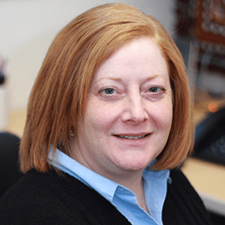
“Diversity in STEM works to improve life at the individual and societal levels. I work with the Visiola Foundation because my time and contributions have a big impact on advancing change in Africa.”
– Joanne Kamens, Executive Director, AddGene
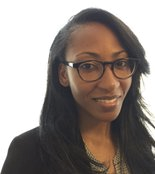
“I support the Visiola Foundation because I believe that education has a transformative impact. By focusing on STEM education, the Visiola Foundation empowers young women to think boldly and creatively about how to solve some of the most intractable problems we face today. What better way to transform the African continent and the world at large than by supporting the education of young women in Africa.”
– Queen Nworisara-Quinn, Partner, Kupanda Capital
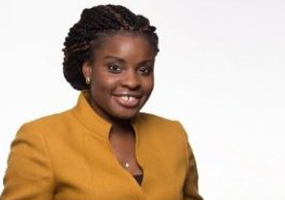
“STEM education in Africa is essential for the growth of our continent as a whole, however I support the focus on young African girls who possess the potential to lead communities, stimulate economic growth in Africa and most importantly, create opportunities for themselves and others. It is imperative that we continue to encourage our youths through project-based learning, to understand science and technology and the transformative effects on their daily lives.”
– Lola Harris, Board Secretary, FOVF / Manager, Wholesome Sweeteners
did you know
Poor women aged 15 to 30, on average, have a year less schooling than poor men of the same age group.
The student-teacher ratio in Tanzanian primary schools is 55.86 students per teacher.
Only 2,5% of the CEOs of top 200 businesses in Africa are women. Only 2 women are listed on South Africa’s top 100 CEOs.
53% of the world’s out-of-school children are girls and 2/3 of the world’s illiterate people are women.
In Burkina Faso, about 51% of the total population are children under the age of 18.
If all mothers in low-income countries had a primary school education 1.7 million children would be saved from malnutrition. If those mothers had a secondary education, 12.2 million children would be saved from malnutrition.
Unless the world tackles inequality today, in 2030: 167 million children will live in extreme poverty and 60 million children of primary school age will be out of school.
757 million adults still lack basic reading and writing skills. Two-thirds (63%) are women.
Across the regions of Sub-Saharan Africa, 9 million girls between the ages of about 6 and 11 will never go th school at all, compared to 6 million boys.
72% of primary age childeren never attended school in Borno state as compared with less than 3% in most souther zones in Nigeria.
In Sub-Saharan Africa, 45% fewer women than men have access to the Internet.
In many Sub-Saharan African countries, more than half of young women report not having a final say in critical healthcare choices.
Source: Compassion International (2017); Nation Master (2012); One (2016); UNSECO (2015); UNICEF (2016); US Embassy Nigiria (2013); Global Partnership for Education (2016)
